Global average temperature is projected to be as much as 0.75C higher in 2020 than it was in 1980
https://trib.al/mstZ0ux ">https://trib.al/mstZ0ux&q...
https://trib.al/mstZ0ux ">https://trib.al/mstZ0ux&q...
While temperatures can vary from one year to another, the trend is clear. 9 of the 10 hottest years on record have happened during the 21st century
https://trib.al/mstZ0ux ">https://trib.al/mstZ0ux&q...
https://trib.al/mstZ0ux ">https://trib.al/mstZ0ux&q...
Even 1.5C of warming will make certain parts of the world unrecognizable. If emissions rise or stay flat, the picture gets disastrous
https://trib.al/mstZ0ux ">https://trib.al/mstZ0ux&q...
https://trib.al/mstZ0ux ">https://trib.al/mstZ0ux&q...
The Arctic might seem far from civilization—yet what happens at the poles affects everything.
Arctic wildfires emitted the equivalent of 244 million metric tons of carbon dioxide from January to August, compared with 181 million tons for the whole of 2019 https://trib.al/mstZ0ux ">https://trib.al/mstZ0ux&q...
Arctic wildfires emitted the equivalent of 244 million metric tons of carbon dioxide from January to August, compared with 181 million tons for the whole of 2019 https://trib.al/mstZ0ux ">https://trib.al/mstZ0ux&q...
As the Arctic melts, Earth’s most dramatic warming is happening at sea.
93% of heat captured by greenhouse gases since the 1970s has been absorbed by oceans
https://trib.al/mstZ0ux ">https://trib.al/mstZ0ux&q...
93% of heat captured by greenhouse gases since the 1970s has been absorbed by oceans
https://trib.al/mstZ0ux ">https://trib.al/mstZ0ux&q...
Heat waves are becoming more intense and more frequent as the planet warms. Increased demand for air conditioning is causing sharp spikes in energy use
https://trib.al/mstZ0ux ">https://trib.al/mstZ0ux&q...
https://trib.al/mstZ0ux ">https://trib.al/mstZ0ux&q...
In oil-rich Saudi Arabia, power plants burn crude oil to meet additional demand in summer, so air pollution rises with heat waves
https://trib.al/mstZ0ux ">https://trib.al/mstZ0ux&q...
https://trib.al/mstZ0ux ">https://trib.al/mstZ0ux&q...
Those in poor countries who can’t afford air conditioning will be disproportionately affected.
By 2100, heat alone could kill as many people as heart disease does, humanity’s biggest killer
https://trib.al/mstZ0ux ">https://trib.al/mstZ0ux&q...
By 2100, heat alone could kill as many people as heart disease does, humanity’s biggest killer
https://trib.al/mstZ0ux ">https://trib.al/mstZ0ux&q...
https://trib.al/ZVJGws6 ">https://trib.al/ZVJGws6&q...

 Read on Twitter
Read on Twitter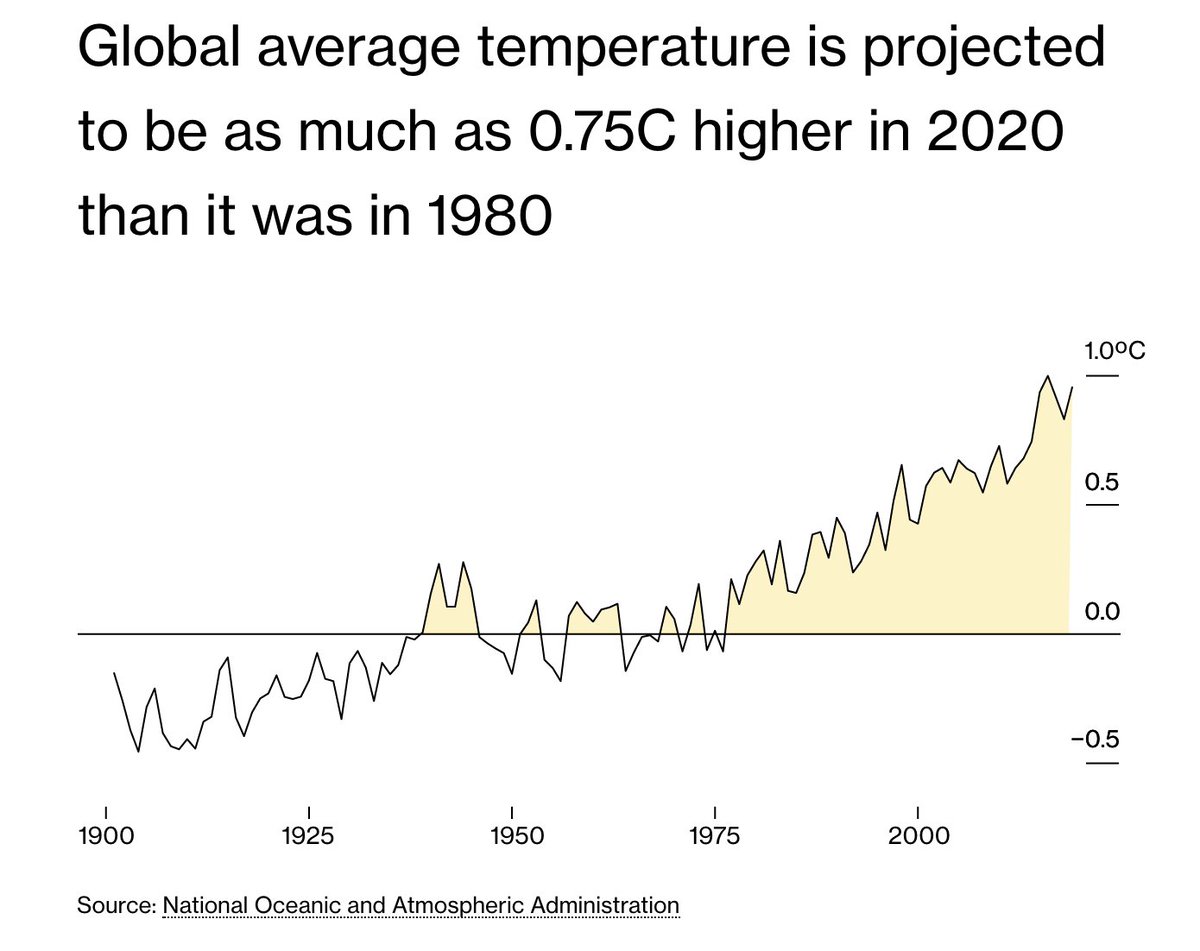
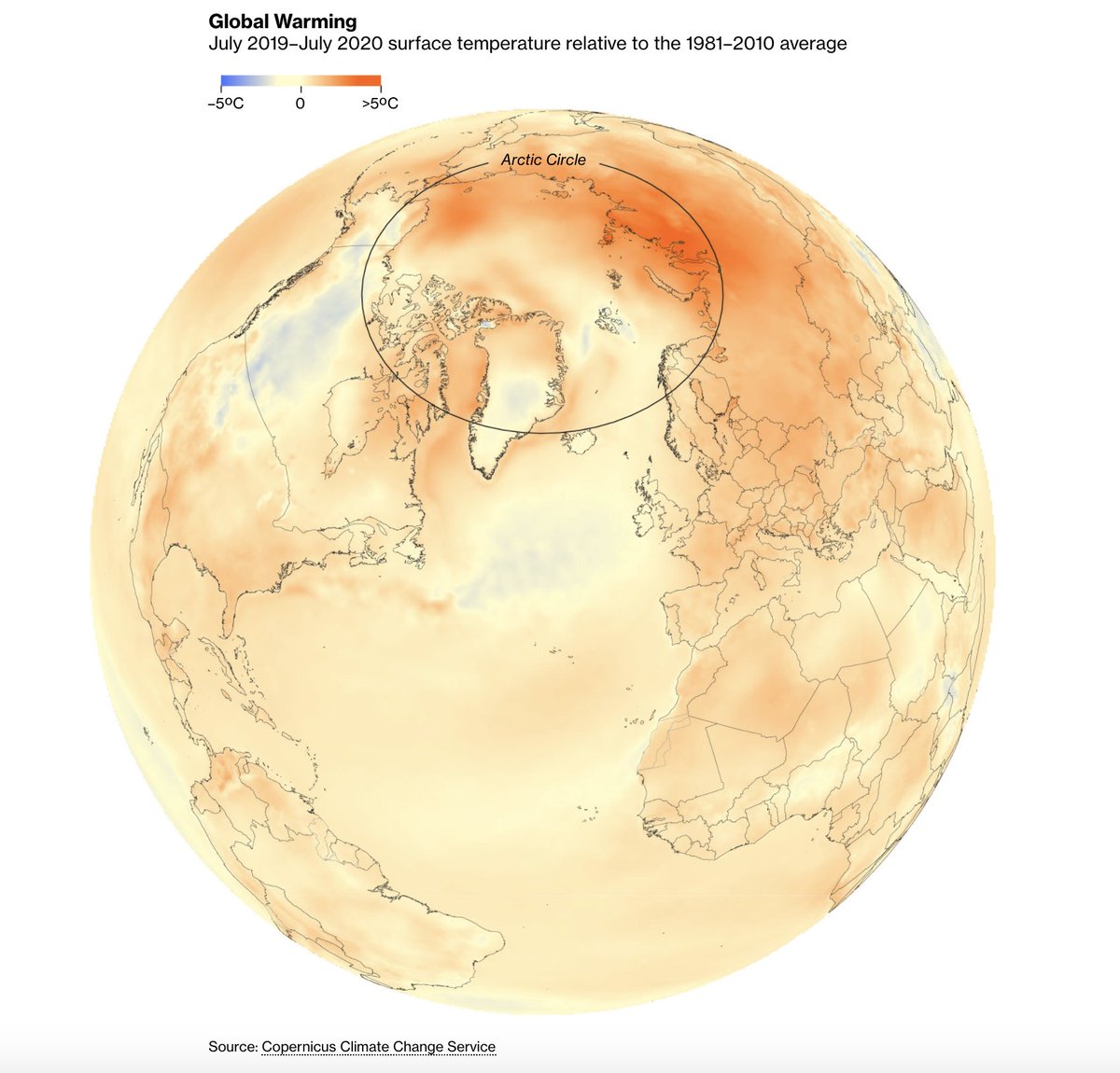
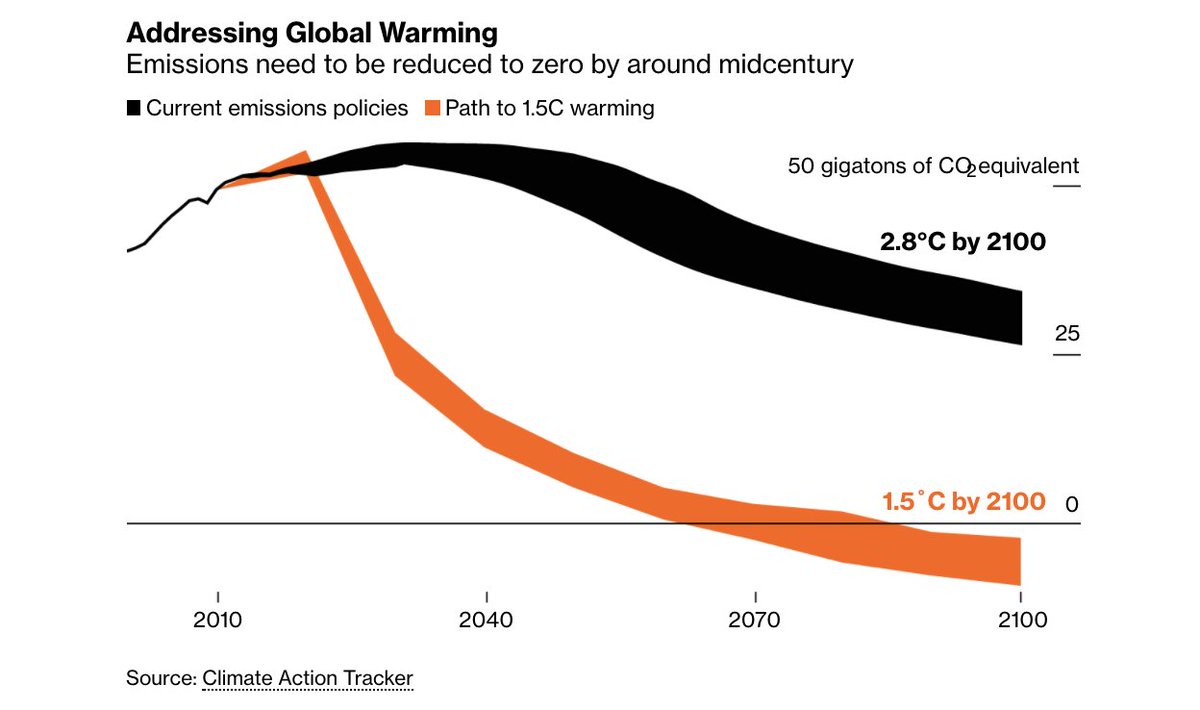
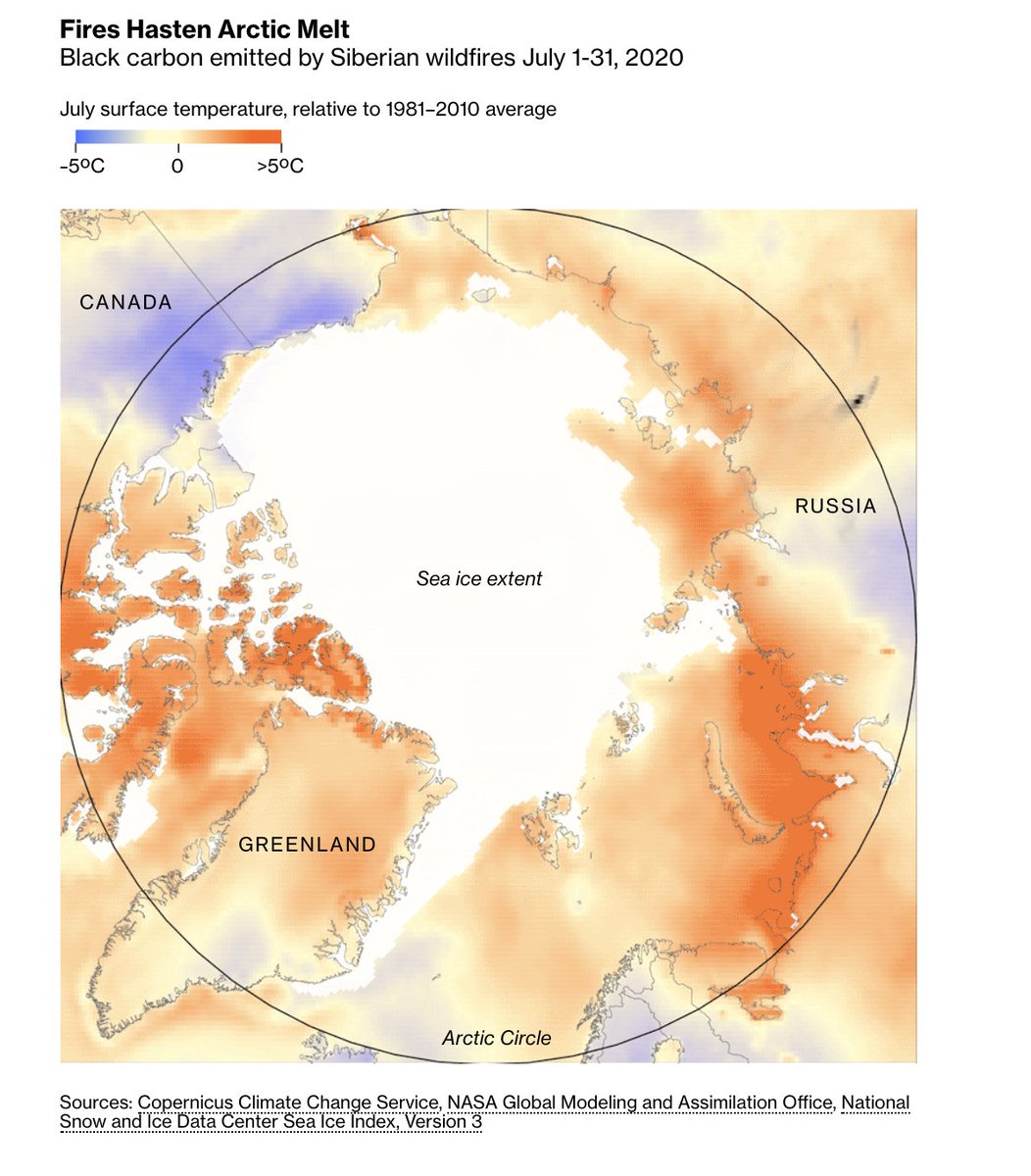
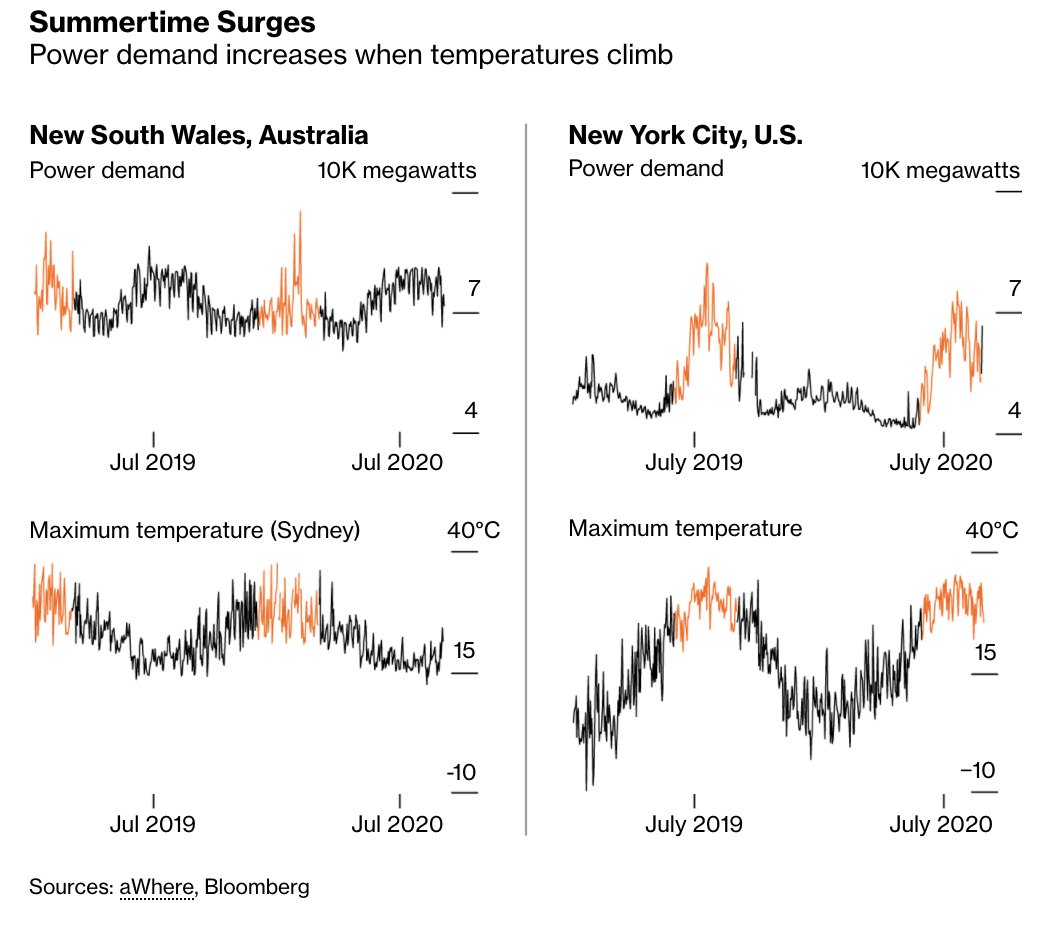
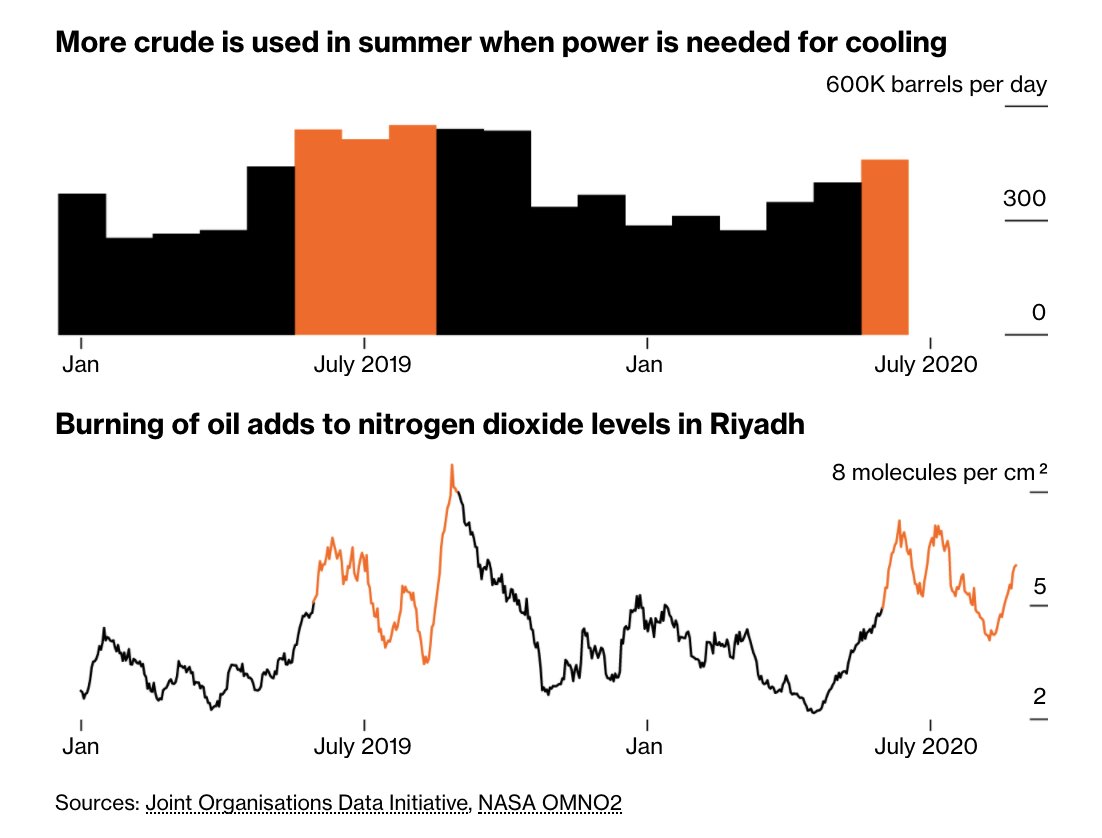
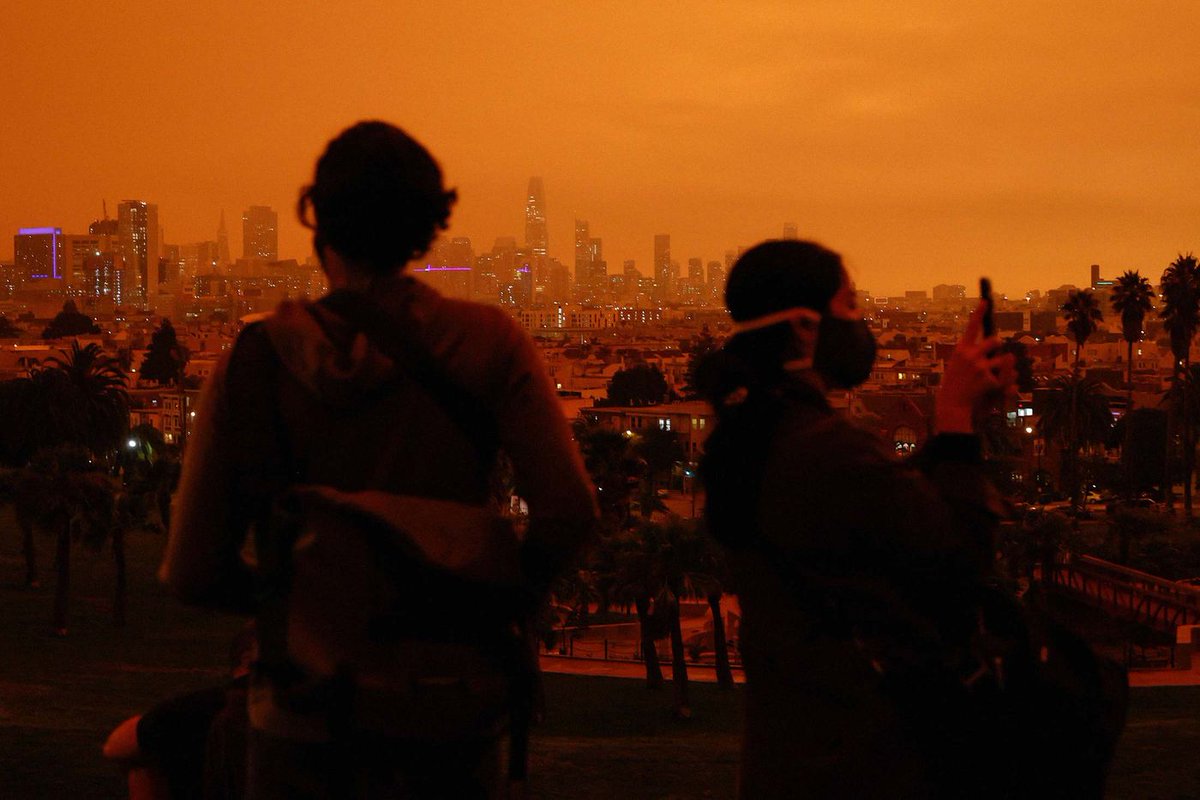
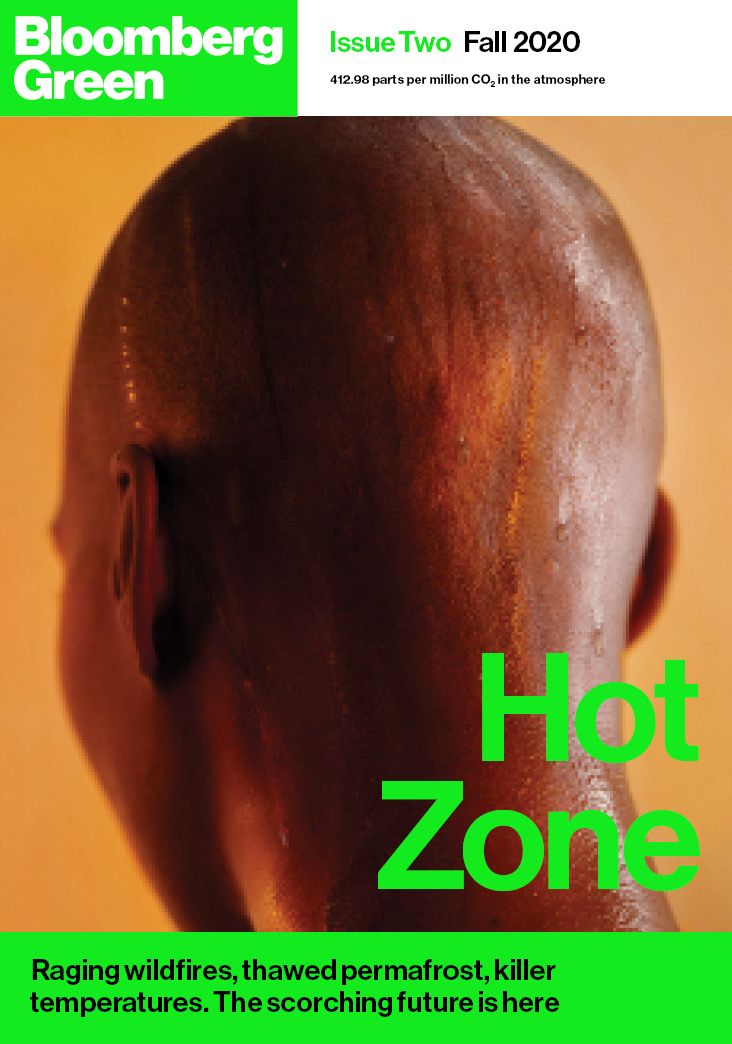 Read our full September issue on heat https://abs.twimg.com/emoji/v2/... draggable="false" alt="🔥" title="Feuer" aria-label="Emoji: Feuer"> https://trib.al/ZVJGws6&q..." title="https://abs.twimg.com/emoji/v2/... draggable="false" alt="🔥" title="Feuer" aria-label="Emoji: Feuer">Read our full September issue on heat https://abs.twimg.com/emoji/v2/... draggable="false" alt="🔥" title="Feuer" aria-label="Emoji: Feuer"> https://trib.al/ZVJGws6&q..." class="img-responsive" style="max-width:100%;"/>
Read our full September issue on heat https://abs.twimg.com/emoji/v2/... draggable="false" alt="🔥" title="Feuer" aria-label="Emoji: Feuer"> https://trib.al/ZVJGws6&q..." title="https://abs.twimg.com/emoji/v2/... draggable="false" alt="🔥" title="Feuer" aria-label="Emoji: Feuer">Read our full September issue on heat https://abs.twimg.com/emoji/v2/... draggable="false" alt="🔥" title="Feuer" aria-label="Emoji: Feuer"> https://trib.al/ZVJGws6&q..." class="img-responsive" style="max-width:100%;"/>


